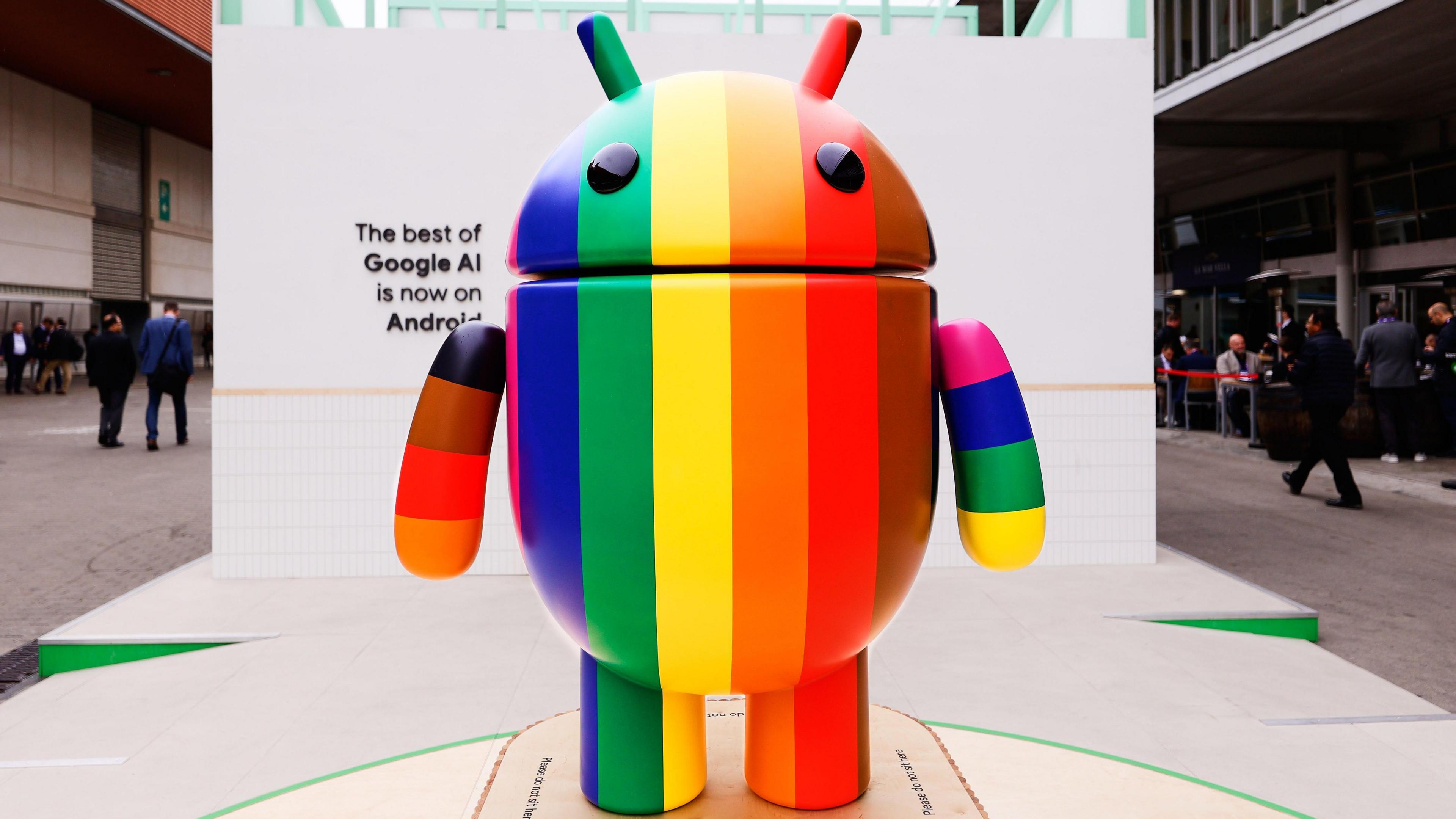
After being sworn in as the 47th President of the United States, Donald Trump swiftly signed a series of executive orders covering various areas, including immigration, climate, and diversity. The Republican president quickly utilized his new power, signing executive actions, presidential memoranda, and executive orders on numerous policy priorities.
Executive orders have the force of law but can be overturned by a subsequent president or the courts. Many executive orders are likely to face legal challenges. While it is common for a president to sign a series of executive actions upon taking office, US media reports that Trump intends to sign as many as 200 executive orders on his first day, which would exceed the total number signed by most previous presidents in an entire term.
Here are the policy changes that Trump plans to implement within hours of taking office. On immigration and the border, Trump signed a directive in the Oval Office declaring a national emergency at the southern border. "This is a big one," Trump said as he signed it. He also designated criminal cartels as terrorist organizations and targeted automatic citizenship for children born in the US to undocumented immigrants. Trump also signed an order to suspend the US refugee resettlement program for four months, although the text of the order was not immediately released.
Additionally, another executive order signed by Trump directs the military to "seal the border," citing the flow of illegal drugs, human trafficking, and criminal activity associated with border crossings. Regarding TikTok, Trump signed a directive in the Oval Office to delay the legal implementation of a ban on the Chinese-owned social media platform TikTok by 75 days. TikTok welcomed Trump's commitment and restored its US service after briefly shutting down before his inauguration.
Trump has stated that his order will give TikTok's parent company more time to find a US partner to purchase a majority stake, but details about the directive he signed are unclear. When asked what the impact of the action would be after signing, Trump said it gives him "the right to sell it or shut it down." The new president had once supported a ban, but after his campaign videos garnered billions of views, he stated that he had changed his position. On government reform, Trump signed a directive establishing the Department of Government Efficiency (Doge), a new advisory body aimed at cutting government costs, which is expected to be led by Elon Musk.
A reporter asked Trump if Musk, the head of Tesla and SpaceX, would have an office in the White House. Trump said that Musk would get an office for the new agency with about 20 employees. Additionally, Trump signed an action to suspend any new federal hiring, except for the US military and several other categories, until the Trump administration has full control of the government. Trump also signed a document stipulating that federal workers must work in the office and are not allowed to work from home. On censorship, Trump signed a directive "ordering the restoration of free speech and preventing government censorship." Details about the specifics of this directive have not been immediately released.
The order directs the Attorney General to investigate the activities of officials from agencies such as the Department of Justice, the Securities and Exchange Commission, and the Federal Trade Commission during the previous administration. On political prosecutions, the new US president signed a document aimed at ending the practice of "weaponizing the government against political opponents." Details about this directive have also not been immediately released. Regarding the World Health Organization, Trump signed an executive order initiating the process for the US to withdraw from the World Health Organization (WHO). "Oh, this is a big one," he said as he signed the document. This marks the second time Trump has ordered the US to withdraw from the WHO.
Trump criticized the international agency's handling of the COVID-19 pandemic and began the process of withdrawing from the Geneva-based agency during the pandemic. President Joe Biden later reversed that decision. On reversing Biden policies, one of the first directives Trump signed in his second term was a document rescinding nearly 80 Biden-era regulations. Trump did not specify what these regulations included. Additionally, Trump signed a directive freezing any new regulations from being issued by any federal agency until the Trump administration has full control of the government. On the economy, he signed a directive requiring every US federal department and agency to address the cost of living for Americans. The details of this document and how each department is responsible for reviewing this issue are unclear.
On climate and energy, as part of his first directives, Trump signed a decision to withdraw from the Paris Climate Agreement, a landmark international agreement aimed at limiting global temperature increases. This was one of the first nine documents Trump signed after taking office. Trump declared a national energy emergency, promising to fill the strategic petroleum reserve. He also stated that the US would end leases for wind farms and rescind what he called electric vehicle "mandates." Trump first withdrew from the Paris Agreement in 2017, and Biden rejoined in 2021. Along with signing the withdrawal agreement, Trump also signed a letter explaining the withdrawal that will be sent to the United Nations.
Trump signed an executive order declaring a national energy emergency. Officials had previously stated that this would aim to enable the US to produce more natural resources and jobs. Trump signed an executive order titled "Unleashing Alaska's Extraordinary Resource Potential," concerning oil, gas, and other natural resources. The new president vowed to "drill, baby, drill" more US fossil fuels. Regarding the Capitol riot, in the Oval Office, Trump announced that he would pardon approximately 1,500 supporters who were arrested in the US Capitol riot in 2021. Trump has repeatedly referred to those arrested in the riot as "hostages" and stated that he is "inclined to pardon many of them."
Over 1,500 people have been arrested in connection with the riot. At least 600 have been charged with assaulting or impeding federal officers. Trump also commuted the sentences of members of the far-right groups "Oath Keepers" and "Proud Boys" who were convicted of seditious conspiracy related to the Capitol riot. The lawyer for former "Proud Boys" leader Henry "Enrique" Tarrio, who was sentenced to 22 years in prison for seditious conspiracy related to the riot, said that his client is also expected to be released.



















